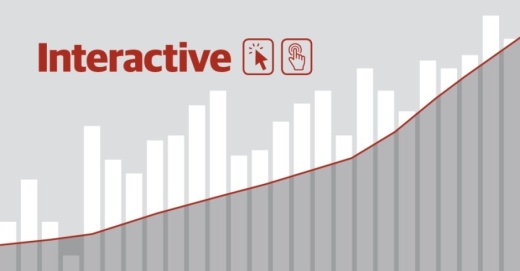As of July 29, the city of Frisco reported 91 new cases of COVID-19 between July 23-29, a 28-case increase from the new case total the week before.
There were also 32 recoveries from the virus in the city between July 23-29.
Among the ZIP codes in Frisco, the 75033 ZIP code had the greatest increase of total confirmed cases, with 29 between July 23-29. That brings the total number of cases in that ZIP code since early March to 189.
The second-highest number of added cases in the past week is in 75034, which reported 14 additional cases between July 23-29. The total for 75034 is 255 cases.
The 75035 ZIP code added four cases between July 23-29, and the 75036 ZIP code added 13 cases. July 29 marked Frisco's highest active case count between July 23-29 with 228 cases. The total number of cases in Frisco is 770, data shows. Data shows the 20-29 age group in both Collin and Denton counties has had the highest number of total COVID-19 cases, followed by those ages 30-39 and ages 40-49. In addition, the data shows 13 deaths in Collin County and seven deaths in Denton County in the past seven days. The total number of deaths since tracking began in March is 81 for Collin County and 53 for Denton County.
Among the key indicators being watched by experts is the number of hospitalizations. Collin County reported 168 COVID-19 patients hospitalized July 28, and Denton County reported 84. That number has generally fluctuating in both counties in recent days but has decreased in both counties since July 21. Collin County has a hospital bed capacity of 2,702. Denton County is reporting 344 available hospital beds out of 924 total, 48 available intensive care unit beds out of 115 and 201 available ventilators out of 294 total as of July 29.
Statewide, the number of patients who have tested positive with COVID-19 and are currently hospitalized is 9,595 as of July 29. That compares with 10,893 patients who were hospitalized and had COVID-19 a week ago.





